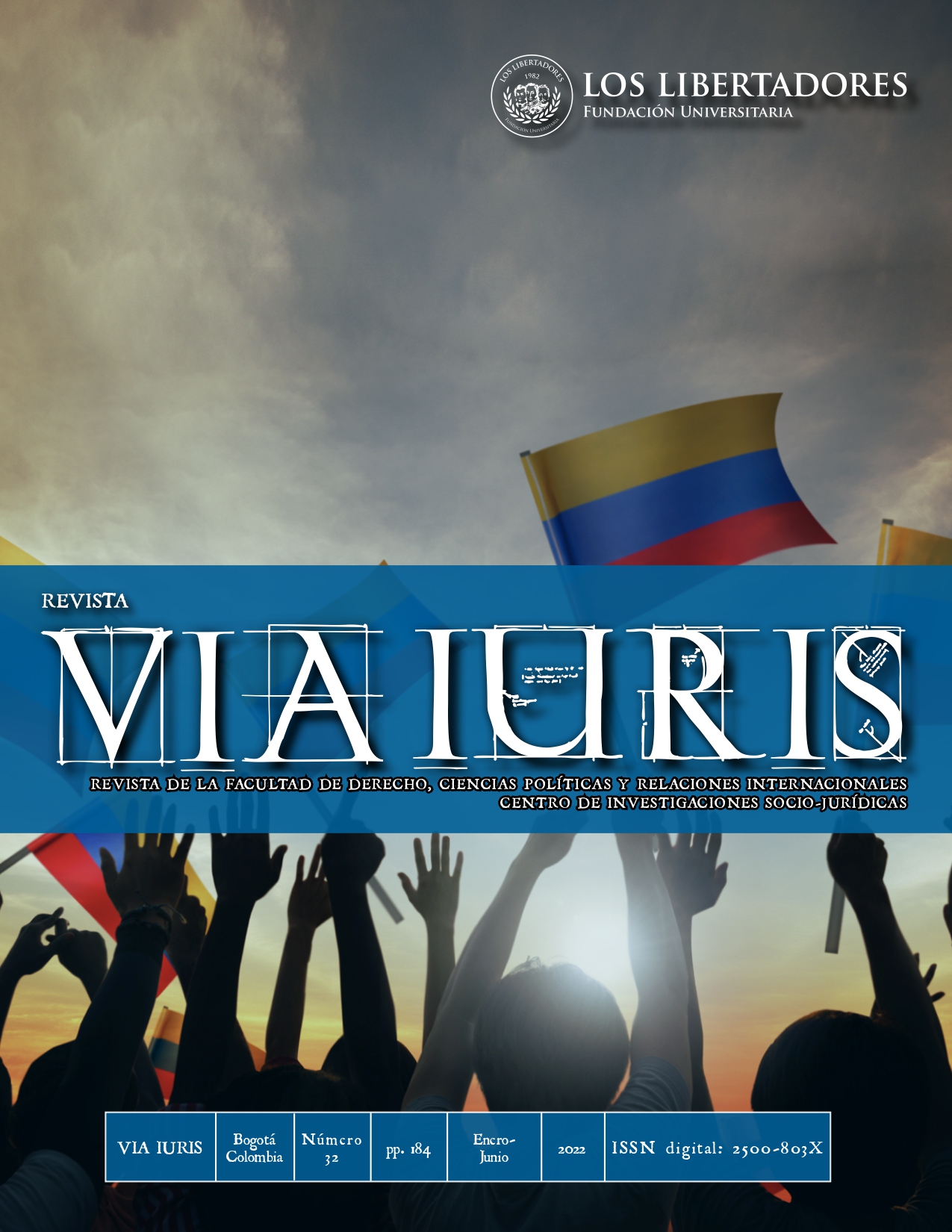Abstract
The paper presents some of the epistemological and theoretical aspects about science and the legal proof systems that are developed in it, which, once articulated with the postulates of Biolaw, allow us to notice that, based on interdisciplinarity, tests Scientific studies can be taken to judicial processes as instruments that make it possible to measure the consequences of the use of assisted reproductive techniques even when they have not manifested themselves. In this context, procedural law is no longer formal, since in the case of the matters dealt with by Biolaw, the evidentiary component of procedural law allows, in addition to verifying facts, in the first place, anticipating the harmful consequences of a decision of a subject who, for example, in the exercise of parental autonomy wishes to introduce a disability to a child and, secondly, the attribution of new responsibilities for genetic damage.
The methodology used to present the theoretical results that are part of the research is the one proposed by Biolaw, that is, the application of its two dimensions -theoretical and practical- that allow explaining what is the epistemic content that the scientific evidence provides to the judicial process.

This work is licensed under a Licencia Creative Commons Atribución-NoComercial-


